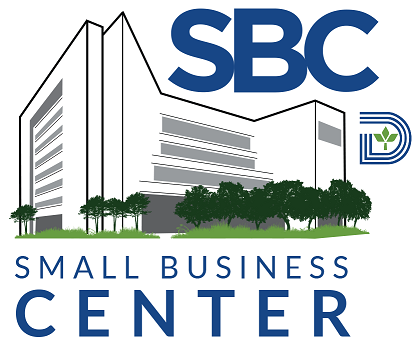The JOBS Act of 2012 has permitted the use of crowdfunding in ways that makes accessing capital easier for small businesses. Crowdfunding is also referred to as crowd financing, crowd sourced capital and peer-to-peer lending. Crowdfunding is an alternative method for raising funding for businesses, projects, ideas and investments.
There are regulations including, but not limited to, processes that must be taken according to how much money you plan to raise. For example, an Independent Public Accountant is necessary to review your financial statements if you plan to raise between $100,000 to $499,000. To make sense of the basics, the Small Business Administration offers a free 30-min crowdfunding overview course. This introductory course’s three objectives are to understand crowdfunding, define its components and shares resources for helping your business develop a successful crowdfunding campaign.
There are different models for crowdfunding. Within each of these models there are various categories with various platforms and portals operating to connect entrepreneurs, or those looking for capital with investors or contributors willing to give money.
Donation Models: A contributor donates money to projects with no expectation of return. Some of the most popular donation-based models include: GoFundMe, Kickstarter, and Indigogo, according to the American Bar Association’s Business Law Today article.
Equity Models: A contributor invests money in exchange for equity or debt securities in the company. The Financial Industry Regulatory Authority regulates over 30 crowdfunding intermediaries. These crowdfunding portals offer debt based, royalty, and equity based crowdfunding. Learn more about investing through crowdfunding through the US Securities and Exchange Commission, SEC.
The SEC offers a complete guide for regulation on crowdfunding. The information includes the maximum amount you can raise in a 12-month period, limitations on individual investors, disclosure information, advertising limits, and more. It is important to review all this information prior to crowdfunding your idea.



